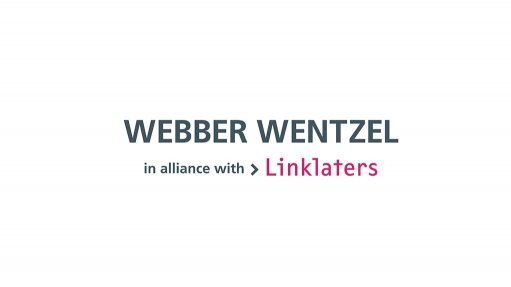
On 19 October 2015, the South African Reserve Bank (SARB) and the Financial Services Board (FSB) published a draft Code of Conduct for the South African Over-the-Counter Markets (the Code).
In light of reports regarding improper trading practices within the international foreign exchange markets, the SARB and the FSB conducted a review of the foreign exchange trading operations in South Africa. Subsequent to the review, it became apparent that the South African OTC Market, in general, and not only the foreign exchange market, would benefit from a code of conduct.
The objectives of the Code are:
- to regulate conduct within the Over-the-Counter financial market (OTC Market), particularly between various service providers in the OTC Market and their clients; and
- to establish a standard to assist the authorities in supervising market conduct.
The Code applies to the following OTC Markets:
- money and interest rate markets;
- spot and forward foreign exchanges market;
- market for unlisted bonds;
- commodities market; and
- derivatives products pertaining to these markets.
Overarching principles
The Code requires notions of honesty, integrity and good faith to be prevalent in all transactional dealings and client relationships, as well as inter-market participant relationships.
Market participants must conduct business practices whilst bearing in mind the best interests of their clients, as well as the health, stability and operational ability of the OTC Market in general.
Standards of conduct, best practices and policies for market participants
Pursuant to its two-fold objective, the Code requires market participants (local and foreign banks, foreign exchanges, authorised inter-dealer brokers, treasury outsourcing companies and prime brokers) to observe and align their business practices with the provisions of the Code. The Code further requires all employees of the above Market Participants to familiarise themselves with the provisions of the Code, and imposes specific conduct requirements on such employees.
The Code proposes appropriate standards of conduct and best industry practices that must be observed and adhered to by the Market Participants when engaging within the OTC Market, including:
- all business should be conducted in an honest and fair manner, safeguarding the integrity of the OTC Market. As such all forms of fraudulent, deceptive or manipulative conduct is forbidden.
- no market participant may engage in any prohibited trading practice as outlined in section 80 of the Financial Markets Act, 2012, or any act of market manipulation. Further, the Code strongly discourages dealing at off-market rates and does not support after hours and off premises dealing.
- electronic platforms should only be utilised where the market participant has put in place adequate control and risk management functions and understands the operational risks in utilising electronic platforms.
In order to give effect to its overarching principles, the Code requires market participants to develop, implement and maintain various policies and control functions relating to, amongst others, protecting of confidential information, use of electronic platforms and the training of employees regarding the Code and the policies it gives rise to.
Conditions for the establishment of a foreign exchange brokering business in SA
The Code further prescribes certain requirements for establishing a foreign exchange brokering business within South Africa. These cover minimal capital adequacy, interests that may be held, an obligation to consult regularly with the SARB and reporting obligations.
Conclusion
While the Code has been drafted with the intention of providing a comprehensive standard of conduct by which market participants in the OTC Market should abide by and be regulated, the Code does not provide the level of detail required to implement an operational code of conduct. The Code should rather inform policies and strategies developed by market participants in the OTC Market and further inform interpretations of legislative instruments that govern such market.
Submitted by Webber Wentzel